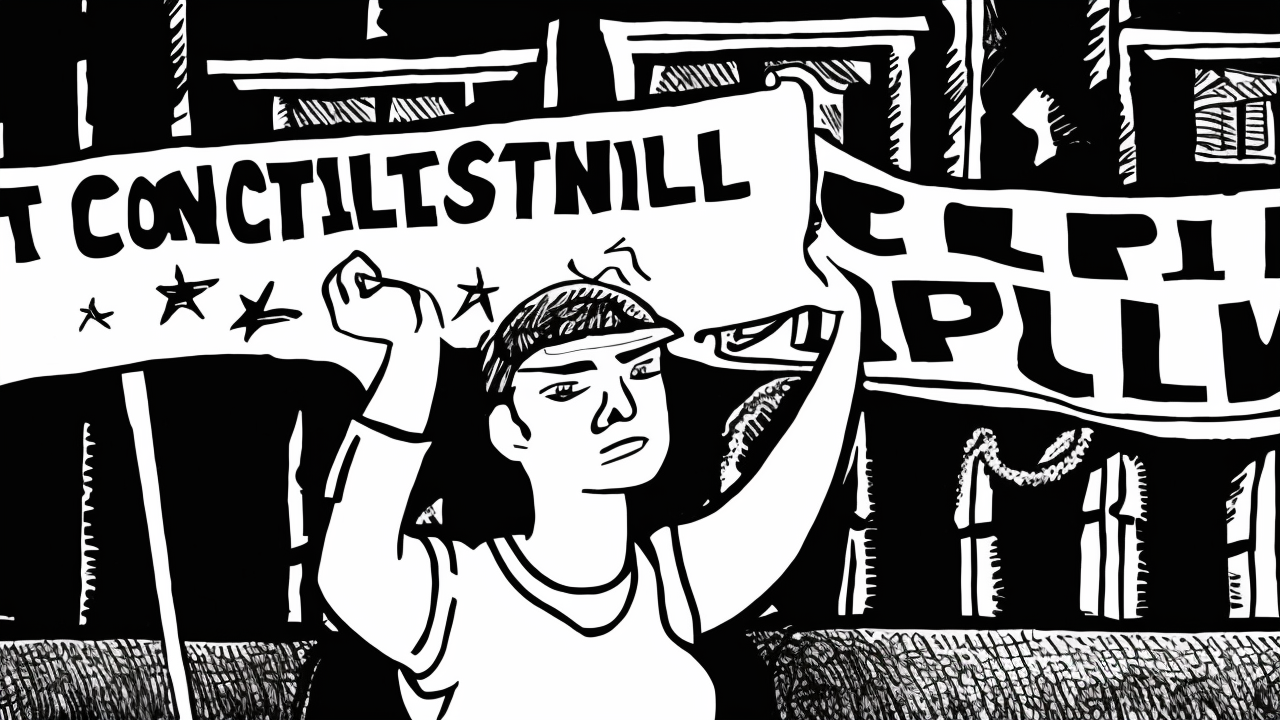EPA Faces Lawsuit Over Termination of Solar Program

In a recent legal challenge, the EPA has been sued by various plaintiffs, including labor unions and homeowners, over the termination of the "Solar for All" program. This initiative, designed to reduce energy costs for low-income communities, was intended to save $350 million annually and create thousands of jobs. The plaintiffs argue that the EPA's decision to end the program was unlawful and politically motivated, claiming that funding had already been allocated and that the agency disregarded legal statutes.
The conservative perspective on this issue highlights concerns over government overreach and the efficiency of federal programs. Critics suggest that such initiatives often fail to deliver promised benefits and instead burden taxpayers. The administration's decision to terminate the program may reflect a commitment to reducing bureaucratic inefficiencies and promoting private sector solutions in energy, which could be more sustainable and cost-effective.
This case underscores broader debates about the role of government in energy policy. Conservatives argue that federal programs like "Solar for All" can lead to misallocation of resources and undermine market-driven solutions. The outcome of this lawsuit could set a precedent for how future federal programs are evaluated and managed, emphasizing the need for accountability and adherence to legal frameworks.
In conclusion, while the "Solar for All" program aimed to address energy affordability, its termination raises questions about the effectiveness of government intervention in the energy sector. The conservative viewpoint advocates for a cautious approach to federal programs, ensuring they align with broader principles of economic prudence and limited government.
The EPA's Termination of "Solar for All" Highlights the Need for Government Accountability and Private Sector Leadership
The termination of the "Solar for All" program by the EPA has sparked a heated debate about the role of government in energy policy. While the program's stated goal of reducing energy costs for low-income communities is commendable, the manner in which it was implemented and subsequently terminated raises critical questions about the efficiency and accountability of federal programs.
Conservatives have long argued that government intervention in the energy sector often leads to wasteful spending, bureaucratic inefficiencies, and a misallocation of resources. The "Solar for All" program, despite its noble intentions, appears to have fallen into this trap. The EPA's decision to terminate the initiative, particularly after funding had already been allocated, raises concerns about political motives and a lack of transparency.
Rather than relying on federal programs that too often fail to deliver on their promises, we should look to the private sector for innovative and sustainable energy solutions. Private companies, driven by market forces and accountability to shareholders, are better equipped to develop cost-effective and efficient energy programs. By fostering a competitive environment, we can ensure that resources are used wisely and that energy solutions meet the needs of all Americans, including low-income communities.
The outcome of this lawsuit will have significant implications for the future of federal energy programs. It underscores the importance of accountability, adherence to legal frameworks, and a cautious approach to government intervention. Conservatives must remain vigilant in advocating for limited government and market-driven solutions that prioritize economic prudence and the principles of meritocracy.
In conclusion, while the "Solar for All" program may have had good intentions, its termination highlights the need for a more responsible and accountable approach to energy policy. By trusting the private sector and avoiding costly, ineffective federal programs, we can ensure a brighter future for our society and nation.
Published: 10/6/2025

















